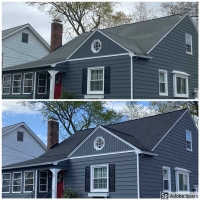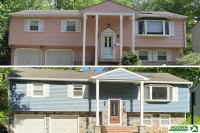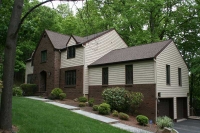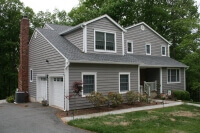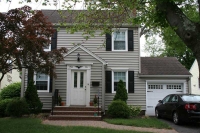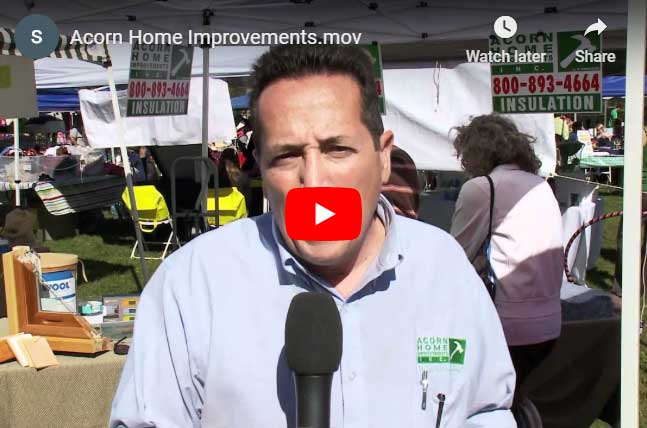Are you looking to create a cozy, energy-efficient living space in your basement? Insulating your basement is the key to not only enhancing the comfort of your home but also significantly reducing your energy bills. In this blog post, we discuss the basics of basement insulation, including its different types, benefits you can get and factors to consider when insulating the area.

Types of Basement Insulation
When it comes to insulating your basement, there are several options to choose from, each with its own set of advantages and considerations.
- Blanket insulation: Made of fiberglass or mineral wool, it’s a popular choice due to its affordability and ease of installation.
- Rigid foam insulation: This type provides excellent thermal performance and moisture resistance, making it ideal for basements prone to dampness.
- Spray foam insulation: This insulation offers an effective air barrier and can be applied in hard-to-reach areas.
- Loose-fill insulation: Composed of materials like cellulose or vermiculite, it can be blown into wall cavities or other spaces for maximum coverage.
Benefits of Proper Basement Insulation
A well-insulated basement comes with numerous benefits, including improved energy efficiency throughout your home. By minimizing heat loss, proper insulation reduces the need for heating and cooling, resulting in lower energy bills.
Additionally, a well-insulated basement enhances the overall comfort of your home by maintaining consistent temperatures and reducing drafts. Another essential benefit of proper basement insulation is the prevention of moisture and mold growth, which can cause structural damage and health issues if left unaddressed.
Window Replacement in Basements
As part of your basement insulation project, you may also want to consider window replacement. Energy-efficient windows can further enhance the performance of your insulation and reduce energy costs.
When selecting windows for your basement, consider options that are thermally efficient and provide adequate light and ventilation. By replacing old or inefficient windows, you can improve your home’s insulation and also boost its curb appeal and value.
Exterior Renovations for Basement Insulation
Exterior renovations can also contribute to better basement insulation. Waterproofing and sealing your basement’s exterior walls prevent moisture intrusion and reduce the risk of mold growth. Additionally, adding exterior insulation can provide an extra layer of protection, especially in colder climates. Adding these renovations can greatly contribute to a more energy-efficient and comfortable home.
Hiring Professionals for Basement Insulation
When planning your basement insulation project, it’s crucial to hire experienced professionals who can assess your home’s unique needs and recommend the most suitable insulation solutions. When choosing a contractor, consider factors such as expertise, reputation and licensing to ensure a successful project outcome.
Proper basement insulation is a critical aspect of creating an energy-efficient home. By selecting the right materials and working with experienced professionals, you can enjoy reduced energy costs, increased comfort and a healthier living environment. If you’re ready to start your basement renovation project, contact Acorn Home Improvements, Inc. in Whippany, NJ, at (973) 386-9604 for professional remodeling services.

